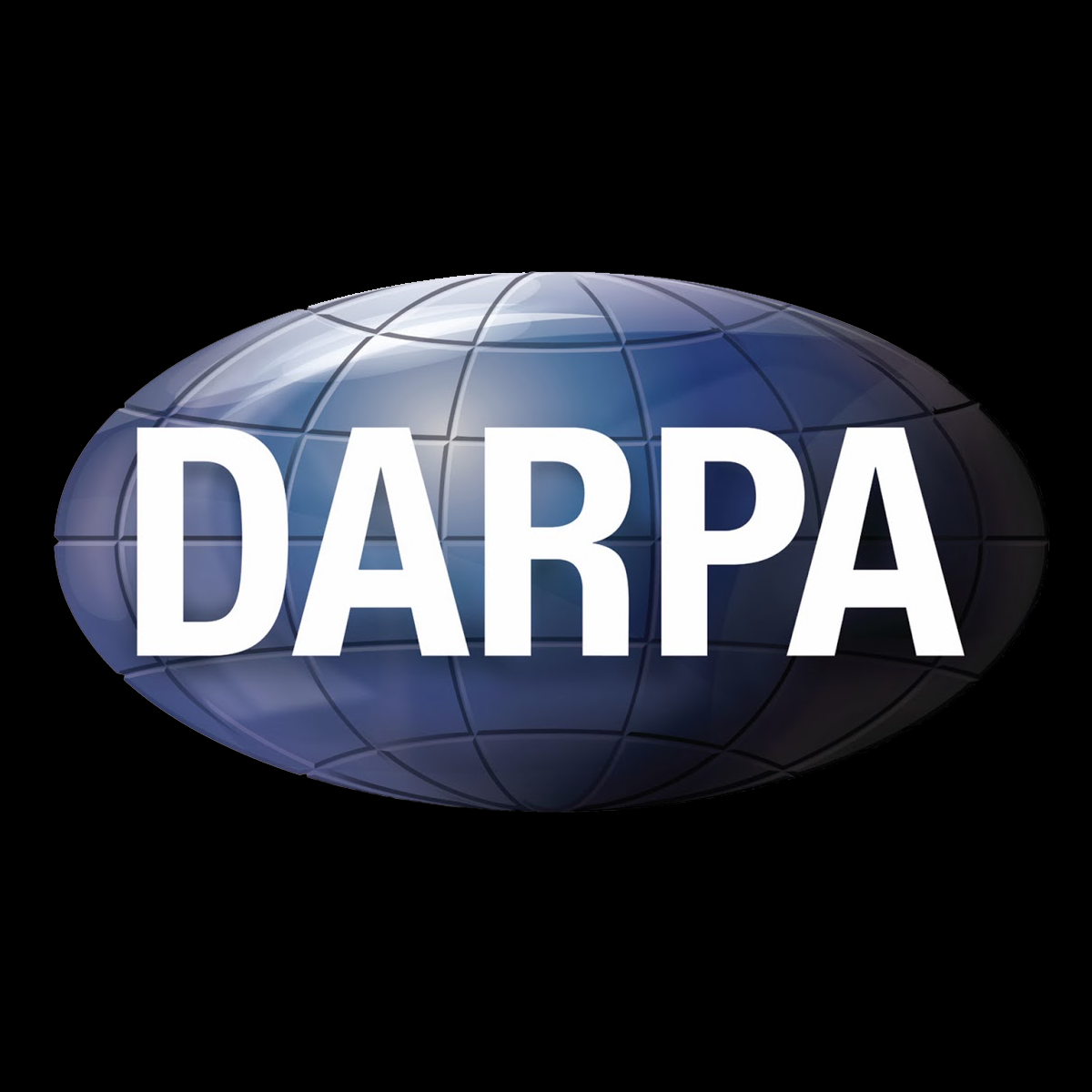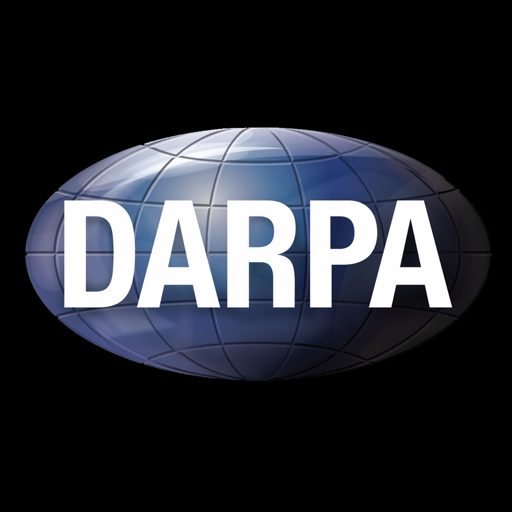The Information Processing Technology Office (IPTO) of the Defense Advanced Research Projects Agency (DARPA) is soliciting proposals to develop an ontology-based (sub)system that captures, stores, and makes accessible the flow of one person’s experience in and interactions with the world in order to support a broad spectrum of associates/assistants and other system capabilities. The objective of this “LifeLog” concept is to be able to trace the “threads” of an individual’s life in terms of events, states, and relationships.
Functionally, the LifeLog (sub)system consists of three components: data capture and storage, representation and abstraction, and data access and user interface. LifeLog accepts as input a number of raw physical and transactional data streams. Through inference and reasoning, LifeLog generates multiple layers of representation at increasing levels of abstraction. The input data streams are abstracted into sequences of events and states, which are aggregated into threads and episodes to produce a timeline that constitutes an “episodic memory” for the individual. Patterns of events in the timeline support the identification of routines, relationships, and habits. Preferences, plans, goals, and other markers of intentionality are at the highest level.
-From the DARPA LifeLog proposal pamphlet, first crawled by the Wayback Machine in June 2003 (archive link)


